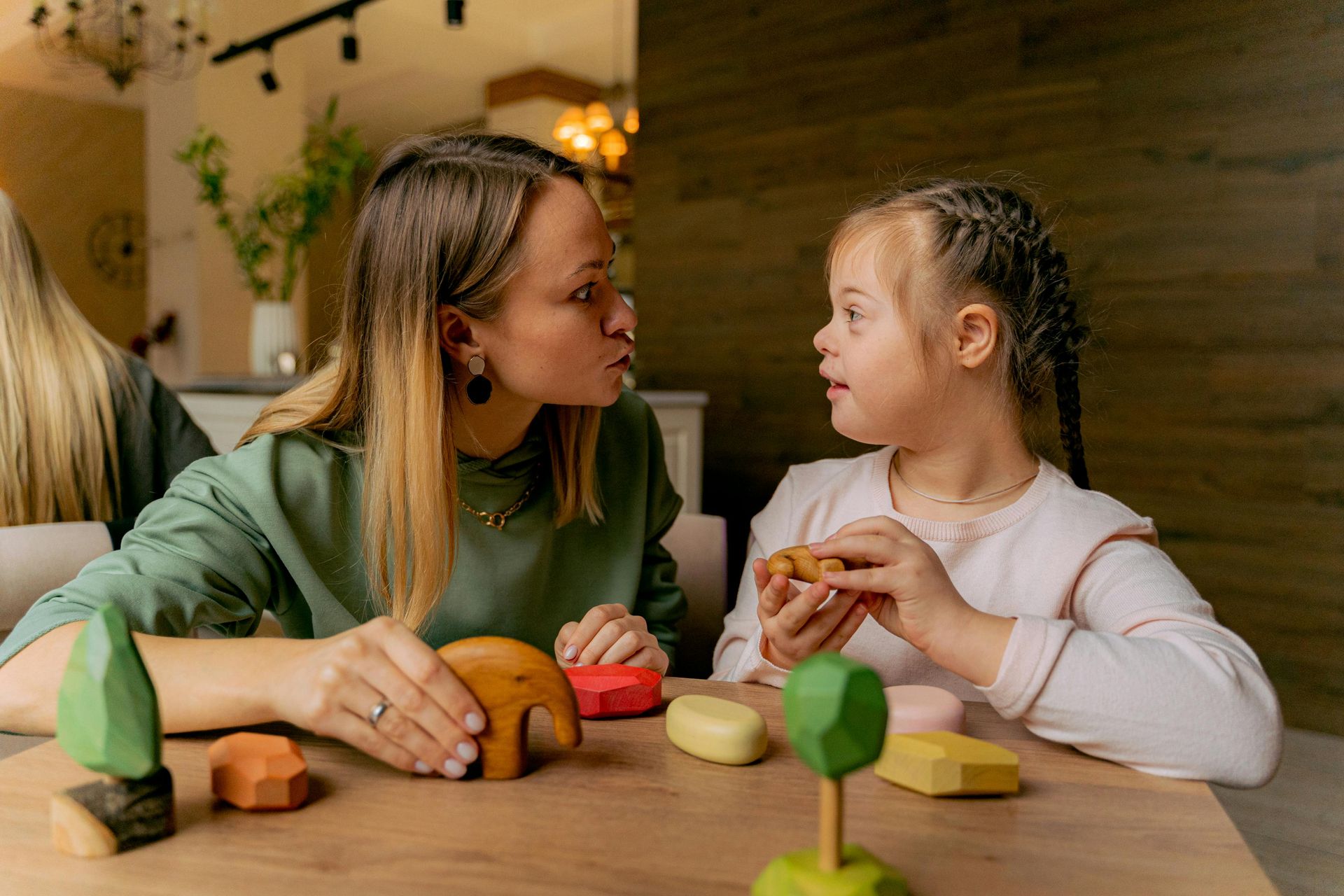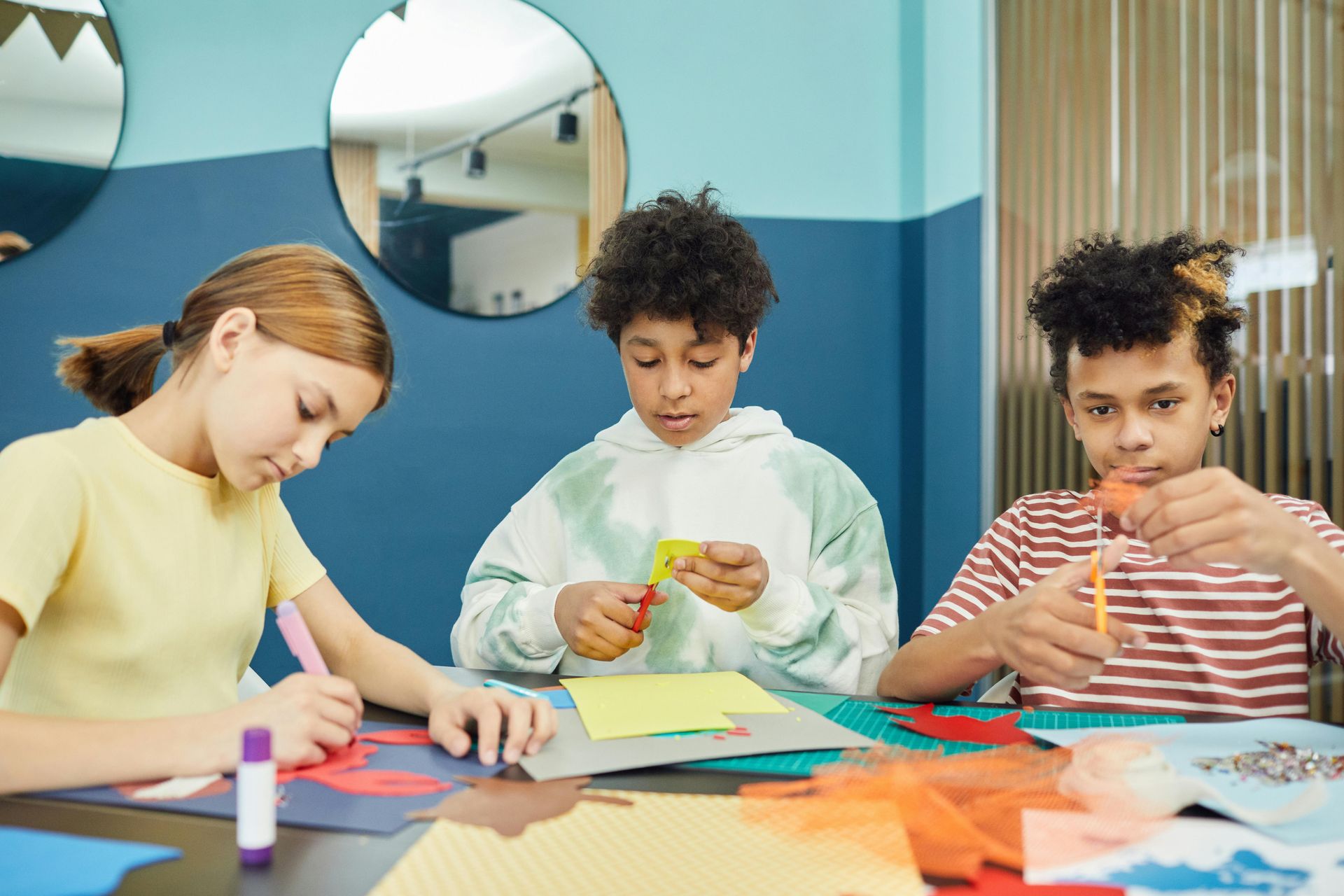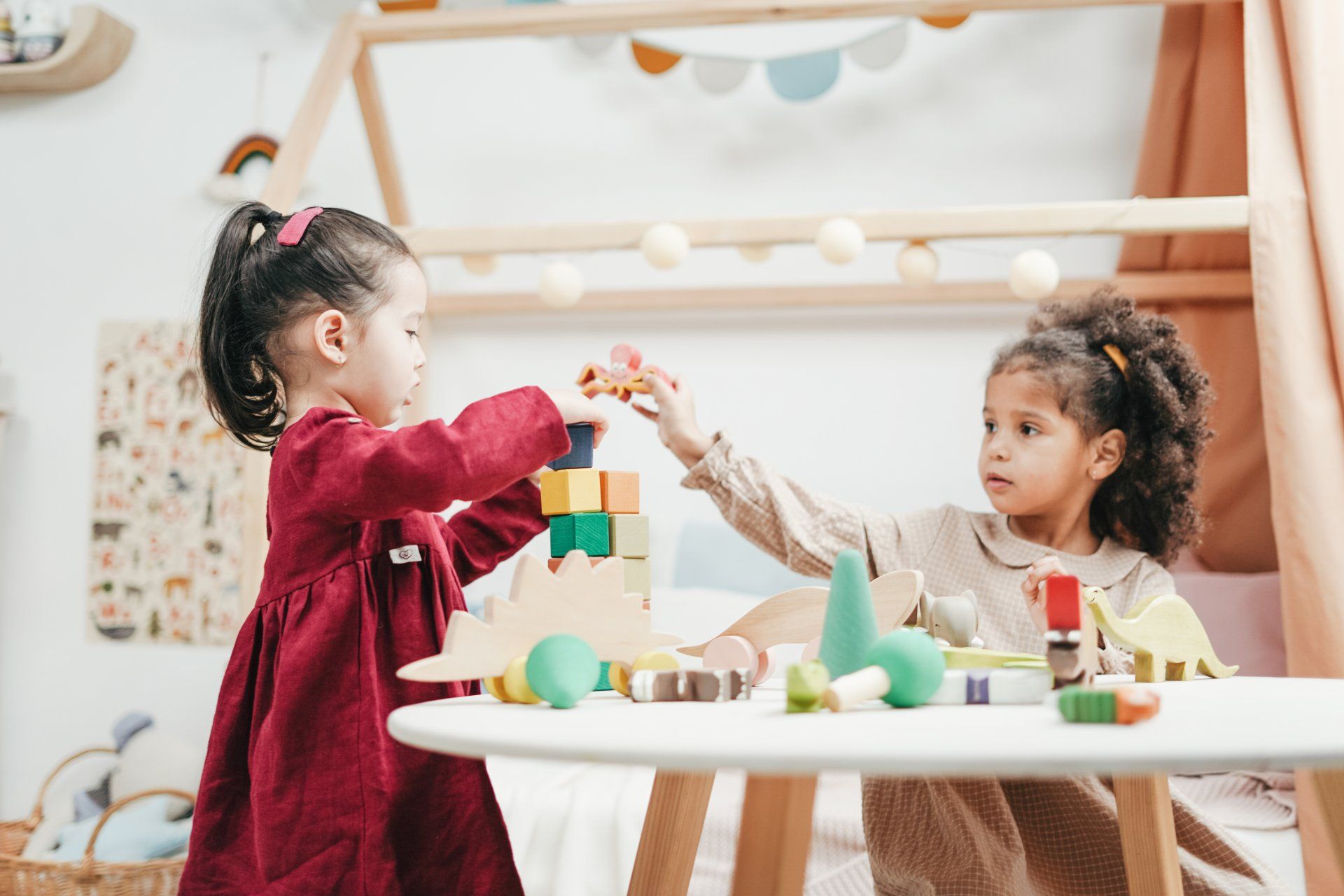Nurturing Emotional Intelligence in Early Childhood: Why It Matters

Emotional intelligence (EI) is the ability to recognize, understand, and manage our own emotions, as well as the ability to recognize, understand, and influence the emotions of others. While it’s often discussed in relation to adults, emotional intelligence begins to develop in the early childhood years and can have a profound impact on a child's overall development. At Kid’s Avenue Learning Center, we believe that fostering emotional intelligence in young children is just as important as academic learning.
What is Emotional Intelligence?
Emotional intelligence refers to the ability to perceive emotions in oneself and others, to understand and use emotions to facilitate thinking, and to manage emotions to promote personal growth and social interactions. For children, emotional intelligence encompasses several key skills:
- Self-awareness – Recognizing one’s emotions and understanding how they affect behavior.
- Self-regulation – Managing emotions in healthy ways and not letting feelings control one’s actions.
- Empathy – Understanding the emotions of others and responding appropriately.
- Social skills – Building relationships, resolving conflicts, and working cooperatively with others.
At Kid’s Avenue, we integrate the development of emotional intelligence into our daily curriculum, as we believe these skills are essential for both academic success and healthy relationships.
The Role of Emotional Intelligence in Early Learning
Early childhood is a critical time for building emotional intelligence, as the brain is still developing. Children who are equipped with emotional intelligence are better able to manage stress, engage in positive social interactions, and exhibit resilience in the face of challenges. This foundation of EI helps children excel both academically and socially throughout their lives.
In our classrooms, children are encouraged to recognize their emotions and learn how to manage them appropriately. For example, we use role-playing exercises where children act out different emotions and discuss appropriate ways to express them. We also focus on positive reinforcement, offering praise for emotional regulation and effective communication.
Building Self-Awareness in Children
Self-awareness is the cornerstone of emotional intelligence. At Kid’s Avenue, we help children develop self-awareness by encouraging them to identify their feelings and understand how those feelings influence their behavior. Simple activities, such as talking about how different situations make them feel, help children recognize emotional triggers and develop self-reflection skills.
We also integrate mindfulness practices into our daily routine, teaching children how to pause, breathe, and reflect on their emotions. Through storytelling, art, and music, we provide children with opportunities to explore their feelings in creative and constructive ways. By fostering self-awareness at an early age, we give children the tools to manage their emotions effectively as they grow.
Encouraging Self-Regulation and Resilience
Self-regulation is the ability to manage one's emotions, thoughts, and behaviors in different situations. For young children, this skill is critical in helping them navigate challenges in the classroom and beyond. At Kid’s Avenue, we emphasize techniques for managing frustration, anger, and anxiety, helping children to stay calm and focused during stressful situations.
One method we use is “calm-down corners,” where children can go to a quiet space to calm themselves when they feel overwhelmed. We also teach techniques such as deep breathing and counting to ten as tools for self-regulation. Resilience is closely tied to self-regulation, as it involves bouncing back from adversity. By teaching children how to cope with setbacks and maintain a positive attitude, we help them build emotional resilience that will serve them throughout their lives.
Empathy and Social Skills Development
Empathy—the ability to understand and share the feelings of others—is an essential component of emotional intelligence. At Kid’s Avenue, we create opportunities for children to practice empathy in real-life situations. Whether it’s helping a friend who is upset or sharing toys, children are encouraged to understand the feelings of others and respond with kindness.
Our curriculum incorporates group activities where children collaborate, share, and resolve conflicts together. These experiences not only promote empathy but also help children develop the social skills necessary for building positive relationships with their peers. Through structured play and guided interactions, children learn how to communicate their feelings effectively, listen to others, and work together as a team.
The Benefits of Emotional Intelligence in Education
The benefits of emotional intelligence extend beyond social interactions. Children with high EI are better able to focus, manage stress, and stay motivated. In the classroom, emotionally intelligent children tend to perform better academically because they can regulate their emotions and focus on tasks at hand. They are also better able to handle disappointment or frustration when they don’t succeed immediately.
By integrating emotional intelligence into our early childhood programs, we provide children with skills that will benefit them in all areas of life. At Kid’s Avenue Learning Center, we are committed to fostering the development of emotional intelligence, preparing children for success in both school and life.
At Kids Avenue Learning Center, we believe that
play-based learning plays a vital role in early childhood development, complementing the importance of
early literacy in building a strong educational foundation for young learners.





















